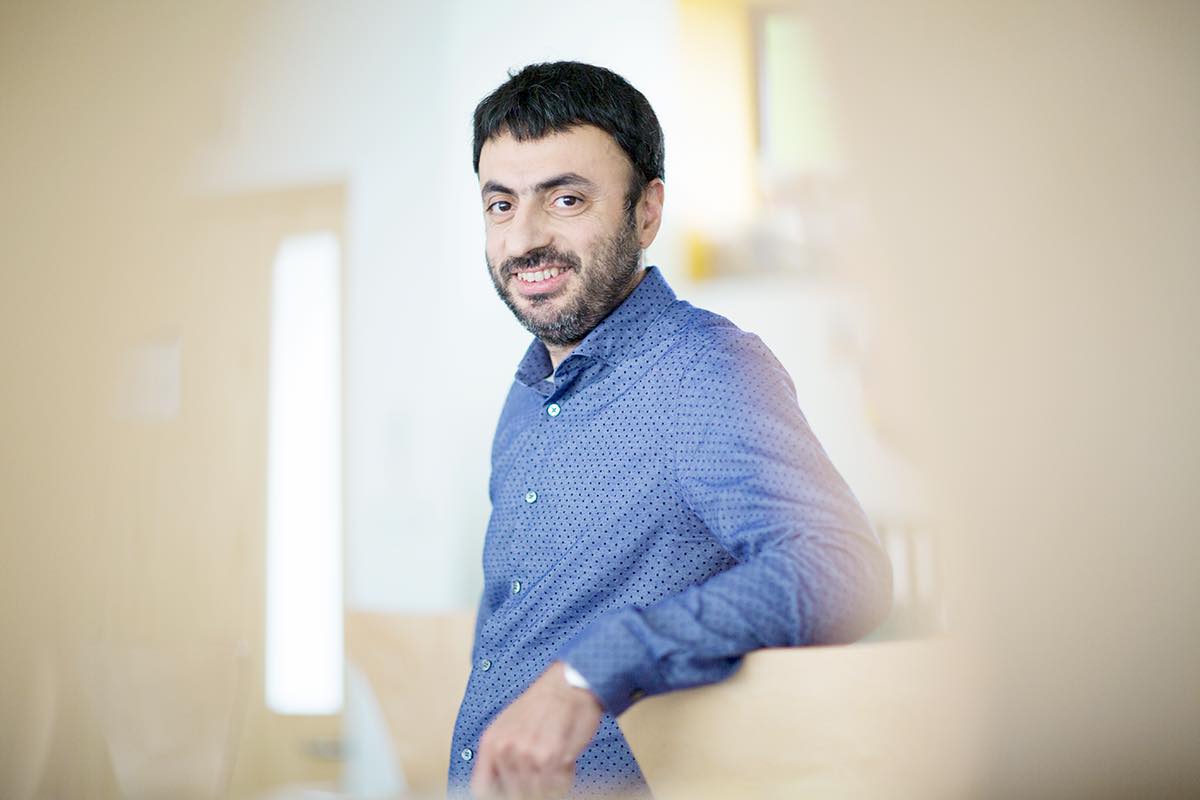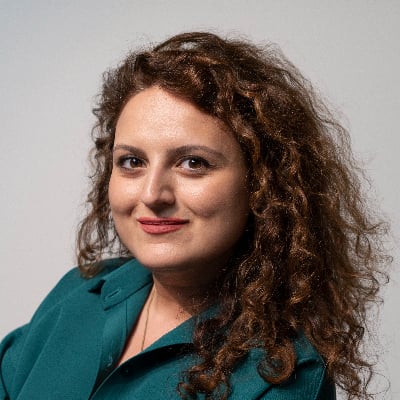
Aram Pakhchanyan, Chairman of the Board of Trustees of “Ayb” Educational Foundation, believes that the ability to think and analyze independently, have a clear perception of situations and reality, and consume media in a literate and hygienic manner are the characteristics of a media-literate citizen and society. The school plays a vital role in educating media-literate citizens, and “Ayb” has developed a unique teaching mechanism for media literacy.
What is media literacy in general and why is it so important?
As consumers, we must be aware and informed about the products and services we consume. In the past, when electricity was first introduced, people would use bare wires to bring it into their homes, resulting in many accidents and deaths. While electricity was an improvement over using candles, it was also dangerous and lethal. It took several decades for people to become knowledgeable enough to avoid fatal accidents caused by electricity.
Media is like electricity. It is both useful and dangerous. Today, we cannot live without media and information. Therefore, mastering media literacy is crucial.
Media literacy refers to the practice of consuming media safely and effectively while maintaining hygiene. While we always emphasize the importance of accessing quality and truthful information, we often overlook the significance of consuming media in moderate volumes, which is crucial for maintaining hygiene.
To what extent does our society maintain a literate relationship with the media?
The media literacy level in our country is very low, and it’s a problem. Throughout the world, many people are using and consuming media in an illiterate manner, causing societies to become more divided. Negative news stories tend to get more attention than positive ones, so the media often focuses on negative news. Unfortunately, this can create animosity between different groups in society.
The media often presents us with false, negative, and polarizing news, which can be overwhelming and confusing. As a society, we need to become more discerning consumers and avoid getting caught up in the vortex of misinformation.
Today, with the rise of security concerns, we face information warfare from various fronts. What risks does the lack of media literacy pose?
In times of crisis, the enemy can take advantage of our society by manipulating us through our fears; this can significantly reduce our ability to mobilize effectively. We need to come together during these times and unite. However, since we may not have the necessary skills to differentiate accurate information from misinformation, we may panic and act ineffectively.
Having poor media literacy often stems from a lack of analytical ability. In times of crisis, it becomes even more crucial to be able to think independently. You must be able to make your own decisions, as you cannot rely on systemic solutions to guide you.
Developing media literacy skills is an effective way to enhance analytical and critical thinking abilities.
How is media literacy included in the educational system at “Ayb”?
Media literacy is taken seriously in our educational institution. We encourage children to prepare materials and understand how the media works through various media groups.
In 10th grade, we teach the subject of thinking skills to help develop critical and analytical thinking. During the course, we analyze media materials to understand the workings of the media better.
It is essential to understand that we are all part of the media today as we reproduce and spread the information that the media reports. Therefore, we should be aware of what the media is, how it works, and how much we can trust it.
For text-related subjects, we often implement the essay format, which allows for observation, comparison of different points of view, and personal analysis.For text-related subjects, we often implement the essay format, which allows for observation, comparison of different points of view, and personal analysis.
In our approach to teaching history, we emphasize analysis and investigation. Children must understand the reasons behind historical events and phenomena. There can be multiple versions of a story, including the enemy’s perspective, which allows us to understand where they may have been attempting to deceive us. We also need to consider our version, which should not be overly patriotic but objective and rational. Learners need to maintain sobriety when learning about historical events to perceive the stories presented to them accurately.
Who is a media literate citizen, and how can media literacy contribute to forming civil society?
In a developed society, citizens must have access to accurate and complete information. Quality media plays a crucial role in informing the public. However, when the media serves the interests of a particular political group, disregards honesty, or presents one-sided and distorted information, it ultimately jeopardizes its future.
Only when critically thinking citizens are informed and take an active interest in the affairs of the state will there be a demand for responsible journalism. In turn, the state must take note of this demand and govern accordingly.
Otherwise, If there are several state structures named “media”, but none of them provide journalism and instead only produce state propaganda, then there can be no independent media; this is similar to what happened in the Soviet Union and is increasingly becoming a problem in Russia.
To promote media development and civil society formation, promoting media literacy is the key.


Add new comment
Comments by Media.am readers become public after moderation. We urge our readers not to leave anonymous comments. It’s always nice to know with whom one is speaking.
We do not publish comments that contain profanities, non-normative lexicon, personal attacks or threats. We do not publish comments that spread hate.